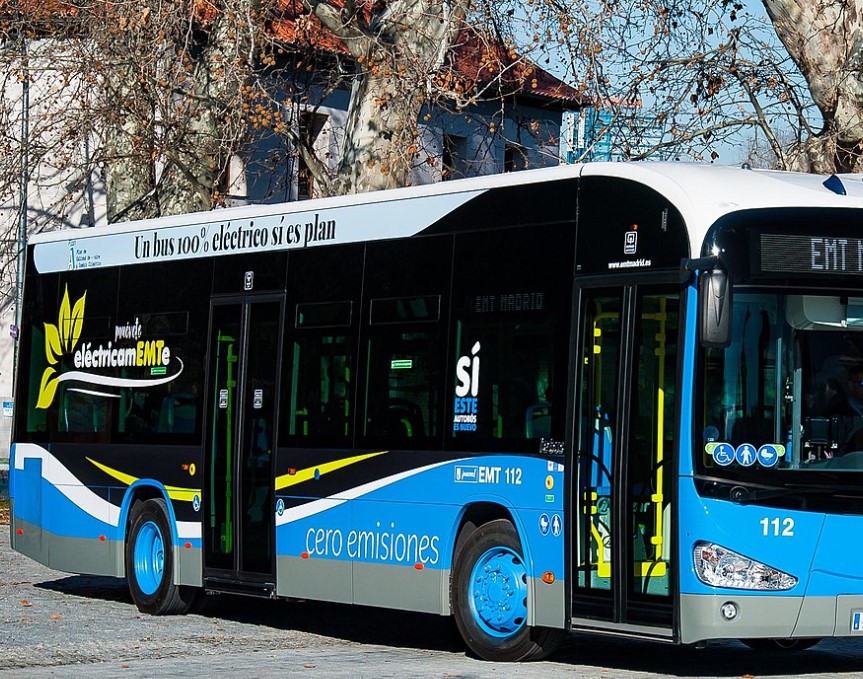
The electrification of municipal bus fleets opens up a wide range of opportunities for manufacturers. This year, the paramedical services of Palma and Valencia have already awarded contracts totaling nearly €200 million. The contract for the Balearic fleet includes the purchase of at least 70 electric buses, while the contract for the Valencian fleet includes the delivery of 94 electric buses and 67 articulated and hybrid buses. The latter is about to be awarded to a supplier.
With an investment of €113 million, which also includes bus maintenance, the contract tendered by EMT Valencia has aroused considerable interest in the industry from the outset. Companies such as BYD from China, Iveco from Italy, Daimler and MAN Truck & Bus from Germany, the Basque company Irizar, Marín Ayala from Murcia, and the CAF subsidiary Solaris have applied for the contract, which was announced in January.
According to La Información Económica, MAN, through its Spanish subsidiary, is best positioned to win the contract after successfully meeting the technical criteria, which are divided into two lots (1-2 and 3-4), in a closing ceremony last Wednesday. However, according to the specifications, the same bidder may only be awarded two of the four lots, meaning that the BYD and Iveco subsidiaries are also getting closer to securing their respective contracts.
In the first two lots, which are for 57 and 37 12-meter electric units, respectively, MAN’s German subsidiary leads the technical bids by a slight margin (39.75/49 points) over BYD (36.85), while Irizar (31.4), Solaris (28.2), and Caetanobus (17.25) lag significantly behind. In the third and fourth lots, where 40 and 27 18-meter articulated-boom hybrids are required, MAN also leads (41.25/49), followed by Iveco (38.15) and Solaris (26.6).
However, the process remains open until the commercial bids are opened, which will decisively influence the balance of power in the contract, as the same issues as in the technical analysis are at stake. Once awarded, the contract will run for five years, with no option for extensions, and sets a delivery schedule spanning the second half of next year.
The local company managing this multi-million euro contract emphasizes the need to “improve the average age of the bus fleet,” which currently stands at 491 buses over 17 years old. According to the data, 55% of these vehicles are powered by internal combustion engines, 40% feature hybrid technology, and only 4.4% are zero-emission electric. In addition to decarbonization, the company, which is dependent on the city council, cites other arguments, such as lower maintenance costs and the renewal of the diesel articulated fleet in line with hybrid engine technology.



